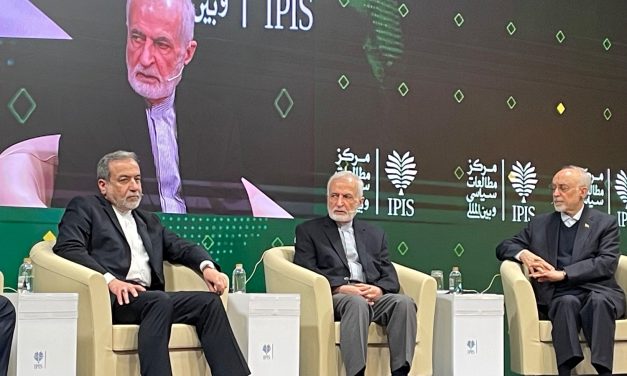With the unveiling of Donald Trump’s Deal of the Century, opposition to and approval of the plan has become more apparent than ever. In this regard, we recently heard the Speaker of the Kuwaiti Parliament, in response to the Deal of the Century, said: “Let us, the Arab nation, tell you! What if we pay a much higher price than what you suggest to you to make you leave our sanctities alone and get lost from our holy land?”
He then threw a copy of the US proposed peace deal, the Deal of the Century, into the dust bin, saying: “The real and proper place for this plan is the dust bin of history.”
In fact, today the Deal of the Century plan has divided the Islamic world into two poles, with some countries such as Saudi Arabia, the United Arab Emirates, Bahrain and the Kingdom of Oman agreeing to the plan because of political adherence to the US, while other Islamic states like Malaysia, Jordan, Tunisia, Algeria, Kuwait, and Iraq, have opposed the plan. The main reason for the disagreements is that the Deal of the Century plan was prepared without regard to the framework of conventional international relations and outside the United Nations, the Organization of Islamic Cooperation and the Arab League and does not consider the Palestinian rights.
One of the surprising things, as mentioned, was that the Speaker of the Kuwaiti Parliament, in a very lengthy and revolutionary response, described the Deal of the Century as impractical and tore it in front of the international media cameras. This shows that even some countries that are in line with US policies such as Jordan and Kuwait are not happy with the plan and consider it to be in violation of the basic rights of the Palestinians.
On this basis, it seems that the Deal of the Century is a failed plan and cannot be implemented. Meantime, PA President Mahmoud Abbas and the Palestinian Jihadist movement unanimously opposed the deal. It is predicted that the Occupied Territories will in the future witness a new intifada against the Zionist regime.
Thus, the Deal of the Century is a one-way plan that encompasses the will of the Zionist regime and will naturally be opposed by the Palestinian people.
Public opinion in the Muslim world and in the Arab world is also sceptical of the plan. The recent demonstrations in several Islamic countries show that the Muslim and Arab nations are opposed to the Deal of the century and regard it a violation of the rights of the Palestinian people. On the other hand, some European countries have reacted negatively to the plan and consider it unenforceable. Thus, it is anticipated that the Deal of the Century will join the dead records of the US and Israel in the near future.
In the meantime protests and opposition are expected to continue in the future, and the Palestinian people are now united with all political spectrums for the first time and have explicitly stated that they will not allow this plan to be implemented.
Other countries will also oppose the plan by taking positions and participating in popular marches, and since the Palestinians are one of the key parties in the Deal of the Century, they will not allow the plan to be implemented.
So in the future, Palestine will witness bloody demonstrations and clashes between the Palestinians and the Zionist regime, and even Palestinian Authority President Mahmoud Abbas may dissolve the PA in a formal and practical confrontation with the Deal of the Century, turning it into a Palestinian militant organization. In that case, the US and the Zionist regime will no longer be able to negotiate with an official Palestinian institution. In such circumstances, it seems that not only will the plan not be implemented, but that future conflicts between the Palestinians and the Zionist army will also intensify.
Concerning the goals of Tel Aviv and Washington in pursuit of the plan, it also appears that Zionist regime Prime Minister Benjamin Netanyahu, who failed in the past two elections in the Israeli Knesset, is trying to use the Deal of the Century as a political propaganda but it will fail because the Palestinian people will not allow the US to impose its policies on them. Donald Trump also needs an election campaign ahead of the US presidential election this year, so he is trying to implement the Deal of the Century plan before the 2020 election, but will ultimately fail because of global opposition.










0 Comments